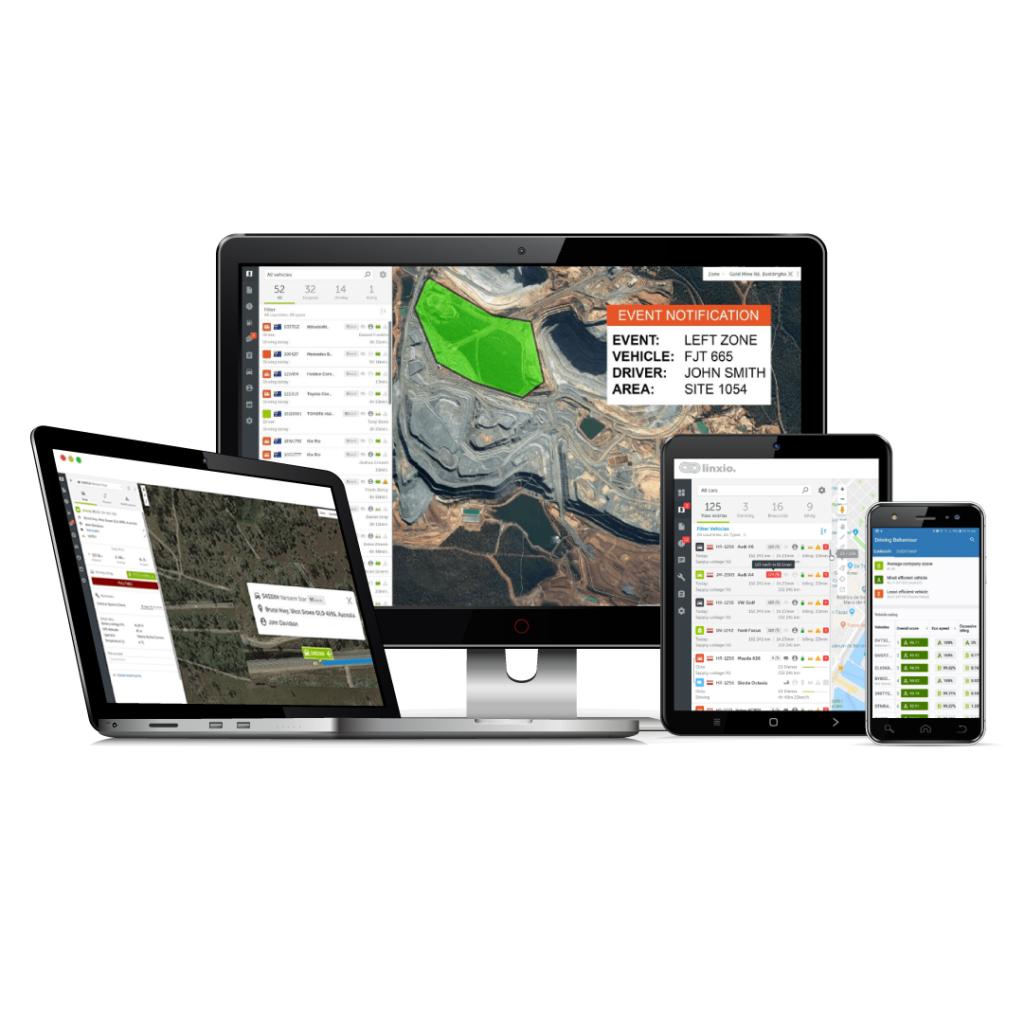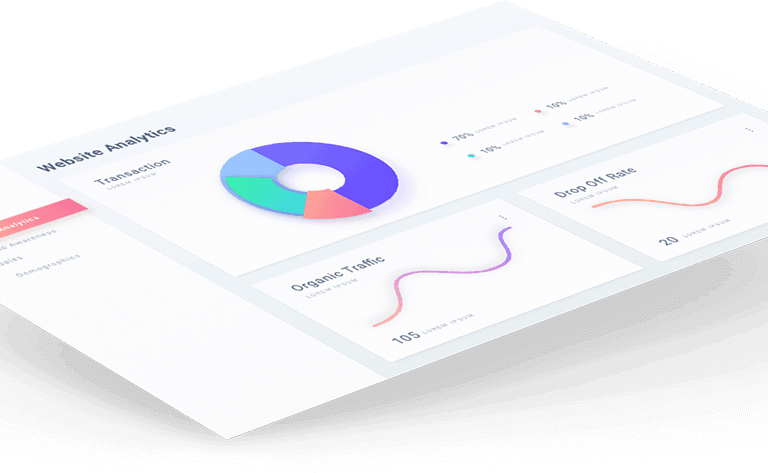One of the best ways to increase efficiency is to invest in GPS tracking systems for the vehicles that make up your fleet.
.
Businesses that rely on trucks and other vehicles to operate can benefit greatly from a GPS tracking system.
Although getting the equipment for vehicle tracking might seem like an expensive investment, the return on investment comes quickly when you consider the benefits of GPS tracking systems.
.
Benefits of Fleet Tracking with a GPS System
There are a number of benefits that come with investing in a GPS Tracking System for your fleet. The following are some of the biggest ways that a GPS fleet tracking system can help your business and reduce operating costs:
.
1. Increase in Control
GPS tracking systems monitor things such as speeds, routes, stops, and more. If you are able to check in on what the drivers in your fleet are doing and their productivity, then you can make sure everything is operating smoothly.
2. Better Route Optimisation
Planning the best possible routes can be quite the task when you’re trying to save time and money for your business. A GPS tracking system can help eliminate this problem. Tracking systems will help determine the territories that make the most sense for each driver to cover, the best routes for them to take, and the order in which the deliveries should be made. Because the average operating cost per vehicle is roughly $1.50 per mile, more efficient routes can make a huge difference in business operating costs. With a GPS tracking system, you can take at least 25 miles/week off of each vehicle’s travel distance.
3. Increase Fuel Efficiency
Fuel efficiency goes hand in hand with route optimization. When drivers are taking the best possible routes to get from one place to the next, they are cutting miles off of their drive. This decreases the overall cost of fuel, which can be a huge help in saving your business money. In addition to fuel efficiency from route optimization, another way to save fuel is by making sure your drivers are going the proper speeds on the road.
Speeding is a huge factor in fuel usage, so if your fleet drivers are staying within the speed limit, you can save money on fuel costs. You can also track idling time—which is another way that fuel costs go way up. If drivers are spending excessive time idling, you’ll be able to address the issue.
4. Decrease in Employee Overtime Costs
A decrease in employee overtime costs also goes hand-in-hand with better route optimization. If drivers are not finding the most efficient routes, they might be spending even more time driving routes. With the quicker and more efficient routes that come from GPS fleet tracking systems, drivers will complete deliveries faster, lessening their chances of driving past their normal work hours and working overtime.
5. Potentially Lower Insurance Rates
“According to www.business.com, there a number of insurance companies—although not all—that offer discounted insurance rates for vehicles that utilize GPS tracking systems.”
6. Easier Monitoring of Maintenance
Even though your vehicles are on a regular maintenance schedule, it’s often difficult to keep track of the miles that are put on each vehicle between maintenance checks. With GPS tracking systems installed in each vehicle, you no longer have to depend on the driver to record and report the number of miles on the odometer. Instead, this number is automatically recorded for you to see easily and conveniently. This also helps you make sure that you are staying on top of maintenance issues so that they don’t cost you more money in the long run.
7. Increase in Employee Productivity
With better overall efficiency comes an increase in employee productivity. One extra stop, one more job, or one more delivery for each employee really adds up, greatly increasing the overall efficiency in the way you run your business.
8. Increase in Billing Accuracy
GPS tracking creates a digital log of routes, speeds, etc. With this digital log, time spent driving, routes taken, and deliveries made can be more easily and accurately tracked. Without paper logs, which have a higher chance of containing logging errors—and without having to estimate or guess—you will be saving yourself both time and money.

9. Reduction of Stops at Unauthorized Locations
GPS tracking systems allow you to track the drivers that make up your fleet, ensuring that they are staying within their route and only making stops that pertain to your business. Many GPS based tracking systems will alert you if drivers are failing to do so.
10. Improved Customer Service
When your drivers are taking more efficient routes, they are making deliveries faster, which increases the overall efficiency of your business—and the quicker clients receive deliveries, the happier they will be.
11. Increase in Safety
Typically, when drivers know that they are being monitored by a GPS tracking system—which can actually detect speed, acceleration, braking, and more—they are more careful and responsible when on the road. This can decrease the potential of your fleet drivers getting into accidents.
Invest in a GPS Tracking System Today
According to www.business.com, an average size fleet of 10 vehicles is estimated to save $6000 per month with a GPS powered tracking solution. Although GPS systems might seem like an expensive investment—typically costing roughly $425 per vehicle—your return on investment will come quickly when you take into account all of the money you will be saving by operating in a more efficient way. With GPS tracking systems installed in your fleet of vehicles, you can increase the number of deliveries, deliver faster, and keep your customers happier.
.





